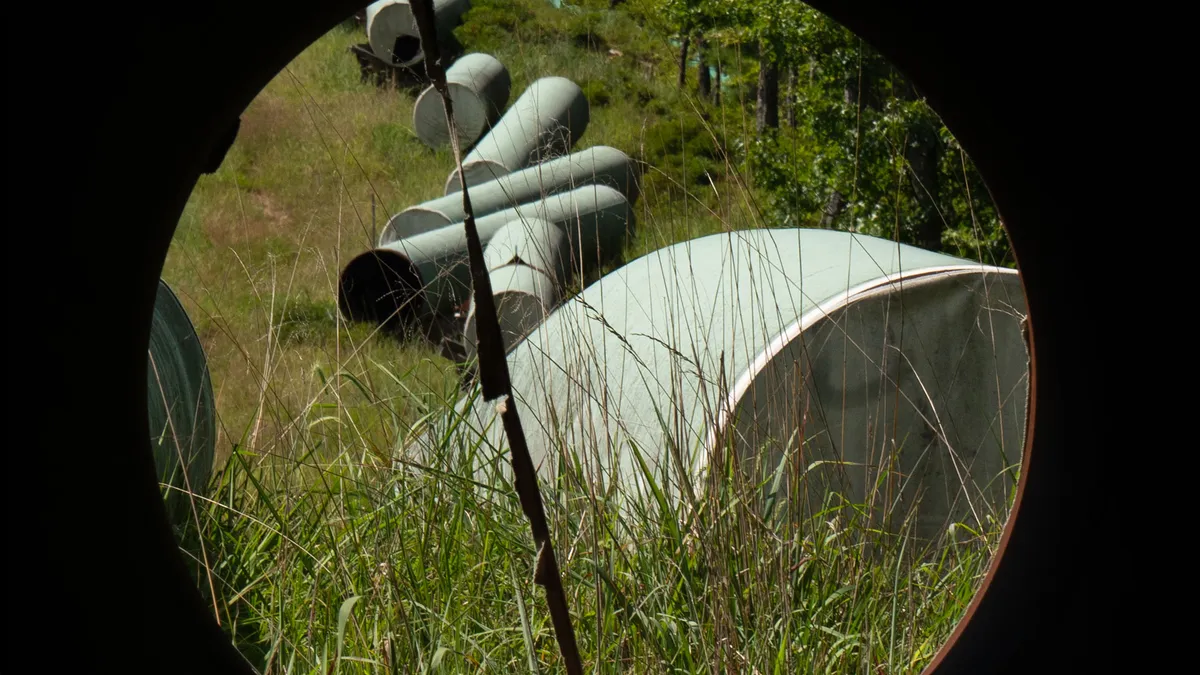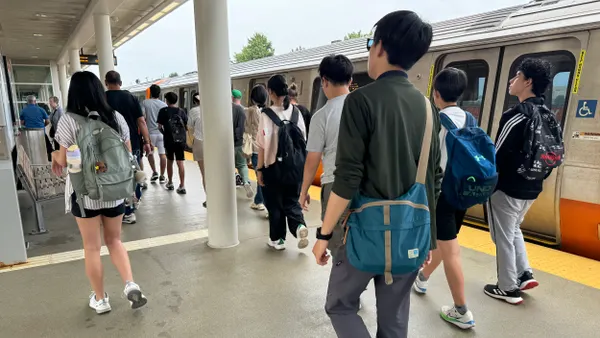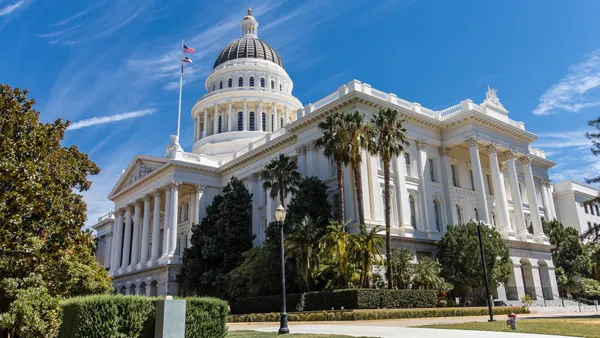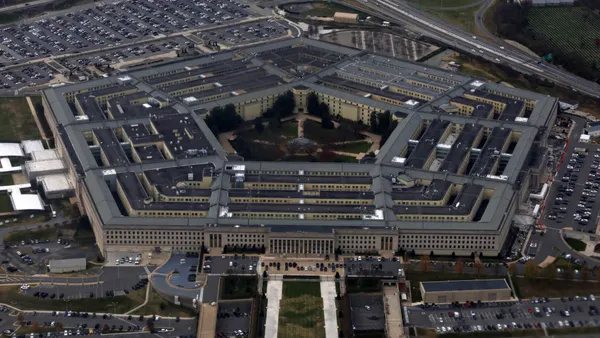Dive Brief:
- The Mountain Valley Pipeline’s opening has been delayed until next year and its price has risen again from $6.6 billion to $7.2 billion, according to a recent filing by the project’s owner. The 303-mile-long methane gas pipeline is now set to be finished in the first quarter of 2024, Equitrans Midstream Corp. said in a report to the Securities and Exchange Commission.
- When the project was first announced in 2014, it was expected to cost around $3.5 billion and be complete by the end of 2018, but has since experienced a series of delays. A joint venture composed of Equitrans Midstream, NextEra Energy, Consolidated Edison, AltaGas and RGC Resources is building the controversial pipeline.
- Equitrans Midstream Corp. said in its SEC report that “unforeseen factors have substantially affected the pace of construction and account for more than half of the increase in estimated project costs.”
Dive Insight:
The Mountain Valley Pipeline project has been stalled by regulatory hurdles and numerous lawsuits over the years. Environmental groups have argued it will disrupt forests, waterways and endangered species, and represents an investment in fossil fuel infrastructure at a time when the country needs to shift to renewable energy to prevent the impacts of climate change.
However, litigation against the project has dwindled since Congress included language in its May debt ceiling deal to limit judicial review and order federal regulators to grant all permits within weeks. In July, a federal appeals court ordered work to halt on a 3-mile section in the Jefferson National Forest in Virginia while it reviewed a challenge from environmental groups, but later that month the Supreme Court handed the developers a win that allowed construction to resume.
Nonetheless, the project is still being held up due to difficulty finding contractors, challenging terrain and other factors.
“The ramp up of MVP’s contractor workforce has been slower and more challenging than expected, due to multiple crews electing not to work on the project based on the history of court-related construction stops, and the inability to recruit crews with required and sufficient experience,” according to the filing.
The cost increase is attributable to factors including “certain financial settlements with contractors, labor and fuel inflation, and enhanced safety and security measures.” It also cited “challenging terrain and geology” in explaining the higher price tag and delays.
Earlier this month, Equitrans reached an agreement with the federal Pipeline and Hazardous Materials Safety Administration that accelerates inline inspections and cathodic protection surveys, Reuters reported. When complete, the underground line will run from northern West Virginia to central Virginia, where it will connect to the Transco pipeline.














